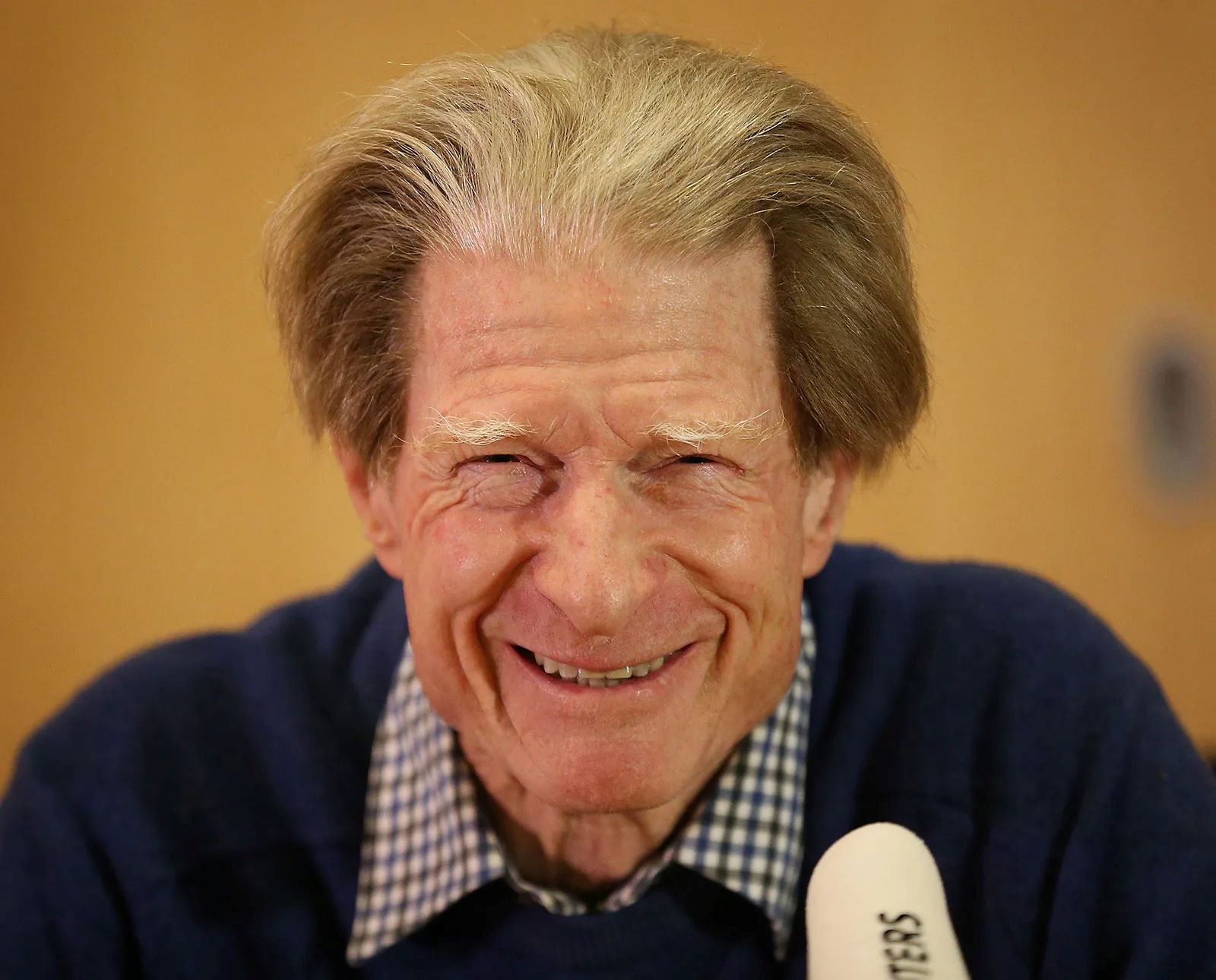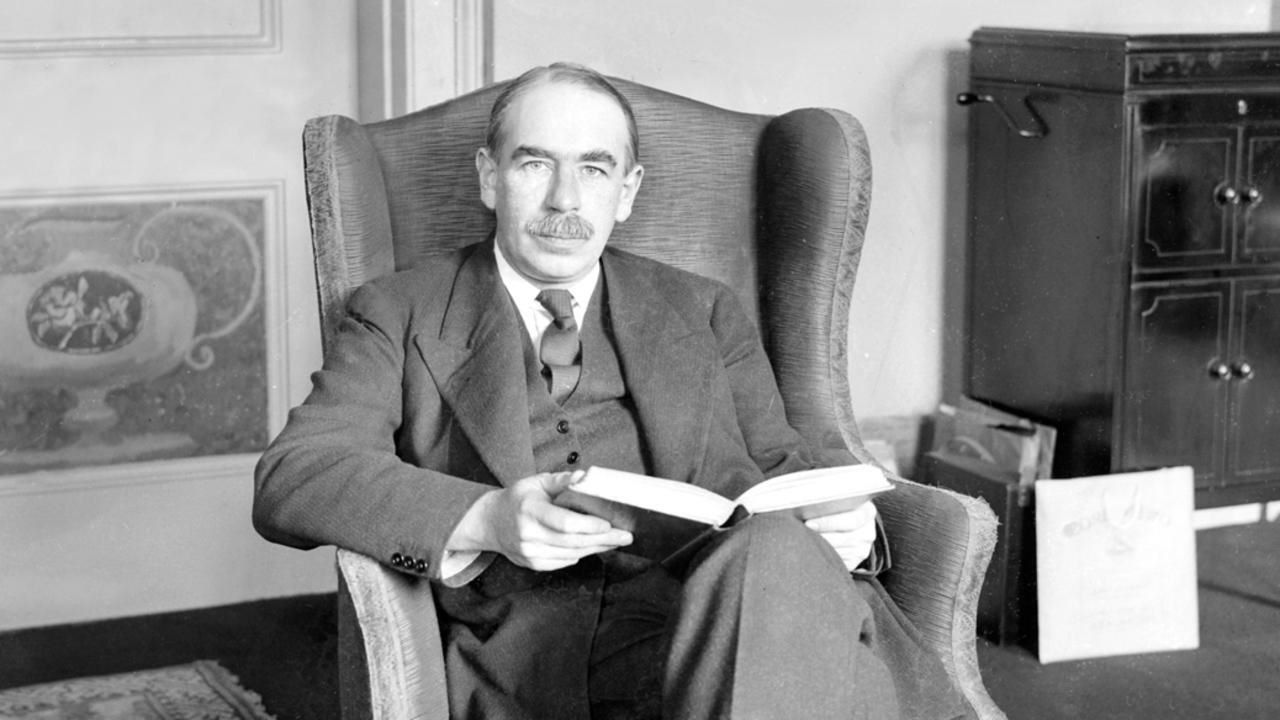
Dr. John Gurdon is a name that resonates with the world of scientific research and discovery. With numerous achievements and groundbreaking contributions to the field of biology, Gurdon has garnered worldwide recognition and respect. His work has not only transformed our understanding of genetics and cell development but has also paved the way for groundbreaking advancements in cloning and regenerative medicine.
In this article, we will delve into Dr. John Gurdon’s remarkable journey, exploring eight captivating facts that showcase his brilliance and the impact of his work. From his early years in education to his groundbreaking experiment that shattered scientific norms, we will uncover the milestones that have solidified Gurdon’s place in scientific history. Join us as we take a closer look at the life and accomplishments of this extraordinary scientist.
Key Takeaways:
- Dr. John Gurdon’s groundbreaking research on stem cells and cellular reprogramming earned him a Nobel Prize, revolutionizing our understanding of cell development and regenerative medicine.
- Dr. Gurdon’s legacy as a passionate educator and mentor continues to inspire the next generation of scientists, emphasizing the importance of curiosity and critical thinking in scientific pursuit.
Nobel Prize in Physiology or Medicine
Dr. John Gurdon was awarded the Nobel Prize in Physiology or Medicine in 2012 for his groundbreaking research on stem cells. His work revolutionized our understanding of cell development and paved the way for advancements in regenerative medicine.
Cellular Reprogramming
Dr. Gurdon’s most significant contribution to science was his discovery that specialized cells can be reprogrammed to an embryonic state. This finding challenged the previously held belief that cell differentiation is irreversible, opening up new possibilities for regenerating damaged or diseased tissues.
Early Career
Dr. Gurdon started his scientific career at the University of Oxford, where he conducted groundbreaking research on the cloning of frogs. His experiments demonstrated that the genetic material in a mature cell’s nucleus can be reprogrammed to support the development of an entire organism.
Other Notable Achievements
In addition to his pioneering work on stem cells, Dr. Gurdon made significant contributions to the fields of developmental biology and genetics. His research on gene regulation and embryonic development has had a profound impact on our understanding of how organisms grow and develop.
Honorary Degrees
Dr. Gurdon has been recognized with numerous honorary degrees from prestigious universities around the world, including Harvard University and the University of Cambridge. His work has garnered international acclaim and has inspired countless scientists to explore the potential of stem cells.
The Gurdon Institute
To honor his contributions to science, the University of Cambridge established the Gurdon Institute in The institute serves as a hub for stem cell research and continues to push the boundaries of regenerative medicine under Dr. Gurdon’s guidance as an emeritus group leader.
Legacy and Impact
Dr. Gurdon’s research has had a lasting impact on the scientific community and has paved the way for advancements in regenerative medicine and personalized therapies. His groundbreaking work on stem cells continues to inspire researchers around the world to unlock the full potential of this field.
Commitment to Education
Dr. Gurdon is not only a renowned scientist but also a passionate advocate for education. He has dedicated his career to mentoring and fostering the next generation of scientists, emphasizing the importance of curiosity, experimentation, and critical thinking in the pursuit of scientific knowledge.
These are just a few of the captivating facts about Dr. John Gurdon. His pioneering work on stem cells and cellular reprogramming has revolutionized the field of regenerative medicine and has the potential to transform healthcare in the future. Dr. Gurdon’s legacy will continue to inspire and shape the scientific community for generations to come.
Conclusion
In conclusion, Dr. John Gurdon is a remarkable and influential figure in the field of biology. His groundbreaking research on cellular reprogramming and cloning has revolutionized our understanding of developmental biology and opened up new possibilities in regenerative medicine. Through his tireless dedication and scientific ingenuity, Dr. Gurdon has paved the way for advancements in stem cell research and has made significant contributions to the field.
Furthermore, Dr. Gurdon’s exceptional career and numerous accolades highlight his unwavering commitment to scientific excellence. His discoveries have not only earned him prestigious honors such as the Nobel Prize in Physiology or Medicine, but they have also inspired and influenced countless researchers in the pursuit of scientific advancement.
Overall, Dr. John Gurdon’s remarkable achievements and his ongoing contributions continue to shape the field of biology, leaving a lasting legacy for future scientists to build upon.
FAQs
Q: Who is Dr. John Gurdon?
A: Dr. John Gurdon is a renowned British developmental biologist and scholar. He is best known for his pioneering work on cellular reprogramming and cloning, which earned him the Nobel Prize in Physiology or Medicine in 2012.
Q: What are Dr. Gurdon’s significant contributions to science?
A: Dr. Gurdon’s research on nuclear transplantation and cellular reprogramming played a crucial role in our understanding of cellular development and paved the way for advancements in stem cell research and regenerative medicine.
Q: What is cellular reprogramming?
A: Cellular reprogramming is a process that involves changing the identity or characteristics of a cell. Dr. Gurdon’s research demonstrated that the genetic material in a specialized cell can be “reprogrammed” to behave like an embryonic cell, capable of developing into any type of tissue in the body.
Q: How did Dr. Gurdon’s work impact the field of biology?
A: Dr. Gurdon’s work challenged the long-held belief that cell specialization is permanent and irreversible. His findings opened up new avenues for research in stem cells, developmental biology, and regenerative medicine.
Q: What is the significance of the Nobel Prize in Physiology or Medicine awarded to Dr. Gurdon?
A: The Nobel Prize recognized Dr. Gurdon’s remarkable contributions to the field of biology and brought international attention to the importance of his research. It also solidified his status as a prominent figure in the scientific community.
Dr. John Gurdon's groundbreaking work has paved the way for countless scientific advancements. His research on Xenopus, a unique species of frog, has shed light on cellular reprogramming and stem cell differentiation. Gurdon's contributions, along with those of fellow Nobel Prize winner Dr. Shinya Yamanaka, have revolutionized our understanding of biology and medicine. Their discoveries continue to inspire scientists worldwide, offering hope for future treatments and cures.
Was this page helpful?
Our commitment to delivering trustworthy and engaging content is at the heart of what we do. Each fact on our site is contributed by real users like you, bringing a wealth of diverse insights and information. To ensure the highest standards of accuracy and reliability, our dedicated editors meticulously review each submission. This process guarantees that the facts we share are not only fascinating but also credible. Trust in our commitment to quality and authenticity as you explore and learn with us.


